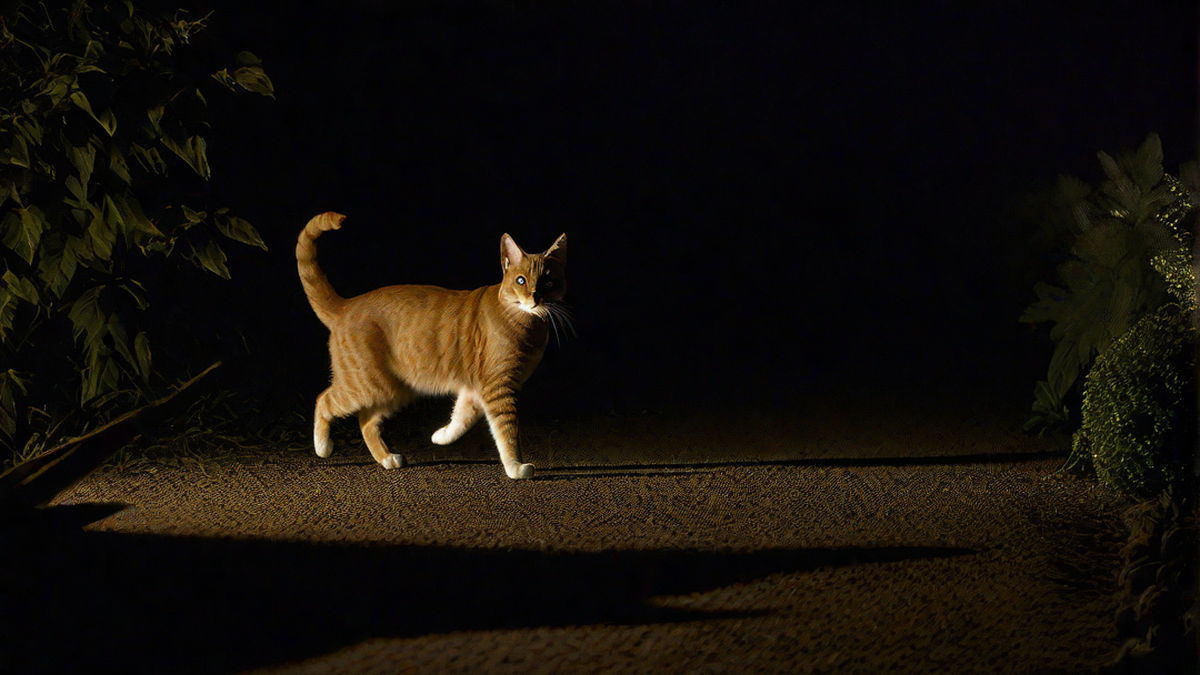It’s a question that many cat owners have asked themselves at one point or another: why does my cat start running around at night? As a proud cat owner myself, I’ve definitely wondered about this behavior and what might be causing it. After doing some research and observing my own feline friend, I’ve come to understand a few reasons behind this nighttime sprinting frenzy.
Nocturnal Instincts
Cats, as natural hunters, are crepuscular creatures, meaning they are most active during dawn and dusk. This behavior is deeply rooted in their instincts and can be traced back to their ancestors who were primarily nocturnal hunters. Even though our domesticated cats may not need to hunt for survival, these instincts still play a significant role in their behavior.
Pent-Up Energy
Another reason for the late-night zoomies could be pent-up energy. Indoor cats, in particular, may have limited opportunities to satisfy their natural urge to run and play. As a result, they may release this stored energy when the house is quiet and they have the freedom to roam and play without disturbance.
Stimulation and Boredom
Cats are intelligent creatures and require mental stimulation to stay happy and healthy. If they are not mentally stimulated during the day, they may seek ways to entertain themselves at night. This can lead to running around, chasing invisible prey, and generally engaging in playful antics to alleviate boredom.
Social Interaction
Some cats may have a tendency to become more active at night as a means of seeking attention and interaction from their owners. If they feel overlooked during the day, they may use the nighttime to gain attention by engaging in energetic behavior.
Conclusion
Understanding why cats exhibit this behavior can help us better meet their needs and ensure they have a fulfilling and enriched life. While the nighttime zoomies may be disruptive at times, it’s important to remember that a cat’s behavior is often a reflection of their natural instincts and needs. By providing regular play sessions, environmental enrichment, and a consistent routine, we can help our feline companions expend their energy in more appropriate ways.

